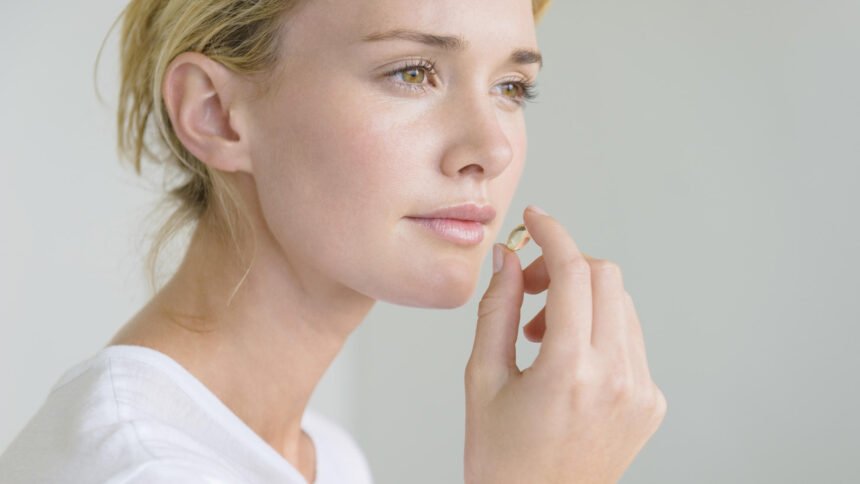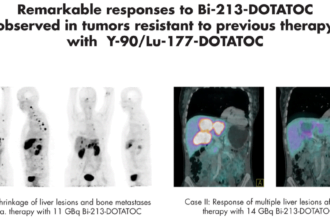Pollution causes a variety of health problems, including slower cognitive development and asthma in children, increased leptin levels in older adults and right ventricle heart damage in adults. Pollution, most notably air pollution, also contributes to the prevalence of a variety of skin conditions. A large-scale study conducted by the Journal of Investigative Dermatology found a link between high levels of traffic-related pollution and associated polycyclic aromatic hydrocarbons with the formation of lentigines, or dark spots, on the skin, particularly among women aged 50 and over. A study conducted by Environmental Health Perspectives found evidence that a group of chemicals in the polluted air called phthalates are likely absorbed directly through the skin as well as inhaled. New research and advances in treatment are being developed to counteract the premature aging effect air pollution has on skin.
New Breakthroughs in Treating Skin Damage
Scientist Mark Birch-Machin and his team at Newcastle University, UK, discovered that a key metabolic enzyme decreases in skin cells as people age. This decrease leads first to fine lines and continues to form wrinkles and cause sagging. As a result, free radicals increase, further damaging the skin. Machin’s research opens the door for the development of advanced treatments and products specifically designed to counteract the enzyme’s decline in activity levels and slow the skin’s aging process.
Treating the Skin from the Inside Out
Pollution is not the only factor that prematurely ages skin. Cigarette smoke breaks down collagen and causes a lack of elasticity. Ultraviolet (UV) rays have long been known to not only cause premature aging, but skin cancers. Another factor that’s been considered before never proved is how stress affects the skin. Stress, both psychological and emotional, and its correlation to skin conditions and premature aging is a new area of study spearheaded by Zoe Draelos, M.D., a Duke University School of Medicine consulting professor of dermatology.
Simply having a skin condition, particularly if it is visible to others, causes psychological stress. For example, Dr. Alexa Boer Kimball of Harvard Medical School in Boston conducted a survey of how participants viewed patients with acne. Acne is one of the most common and visible skin conditions in the United States, with over 50 million sufferers. The study results indicated that old misconceptions about acne remain strong. Participants expressed beliefs that acne was caused by eating the wrong food or poor hygiene and that the condition was contagious, all of which are false. Acne sufferers also tend to believe in a one-size-fits-all approach, gravitating toward big brand and celebrity-endorsed products despite critical Proactiv reviews citing concerns with some high profile topical treatments. Kimball believes that misconceptions often lead to a poor quality of life for many patients, which is reflected in their skin and ability to recover. Kimball advises treating the mind as well as the body.
Artificial “Smart Skin” Transforms Medicine
Scientists have created the first artificial skin that has the ability to sense temperature, humidity, pressure and airflow. According to, The London Dermatology Centre the new skin is made of recyclable materials. This development is particularly exciting as a future treatment for those with certain skin conditions as well as victims of accidents and fires.








